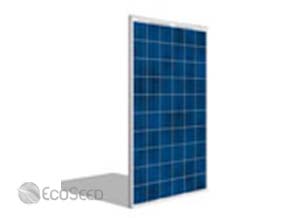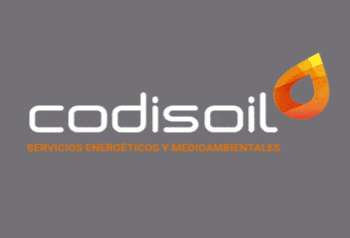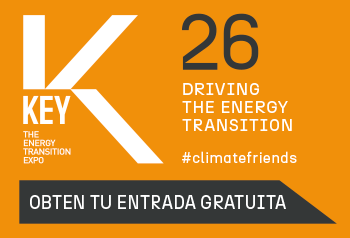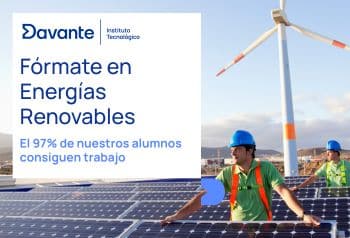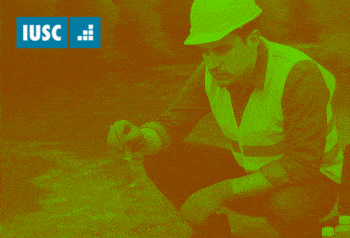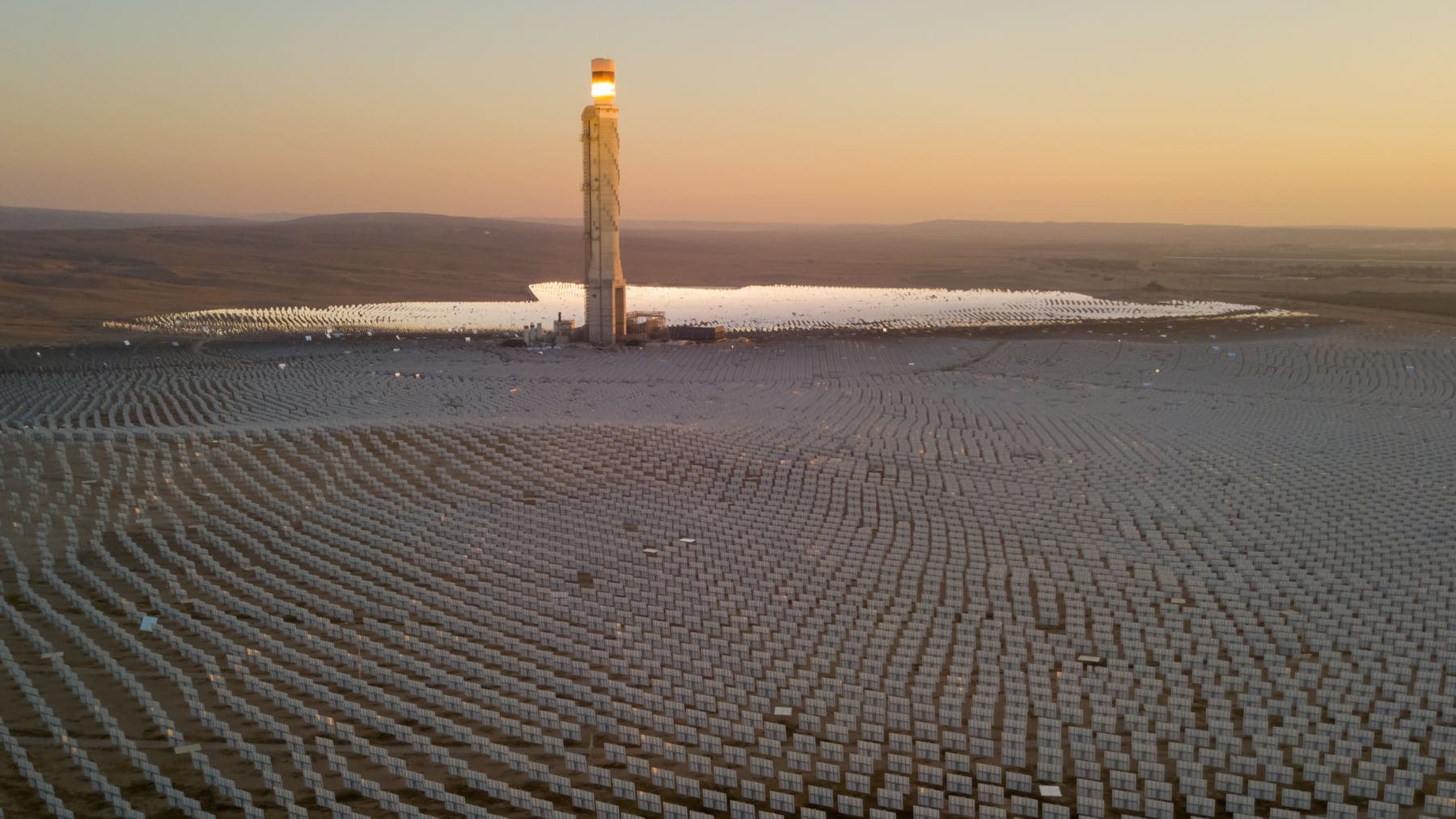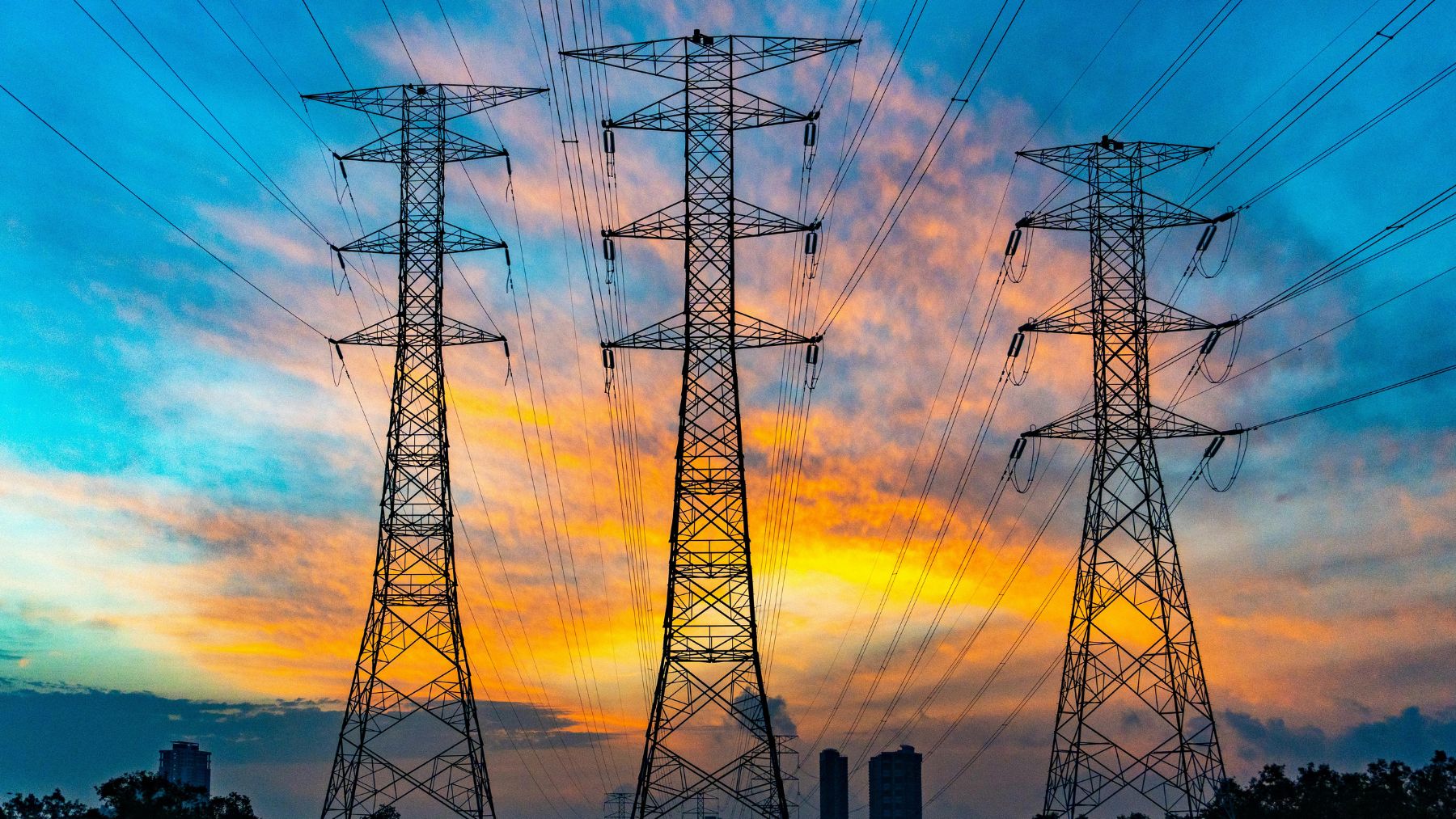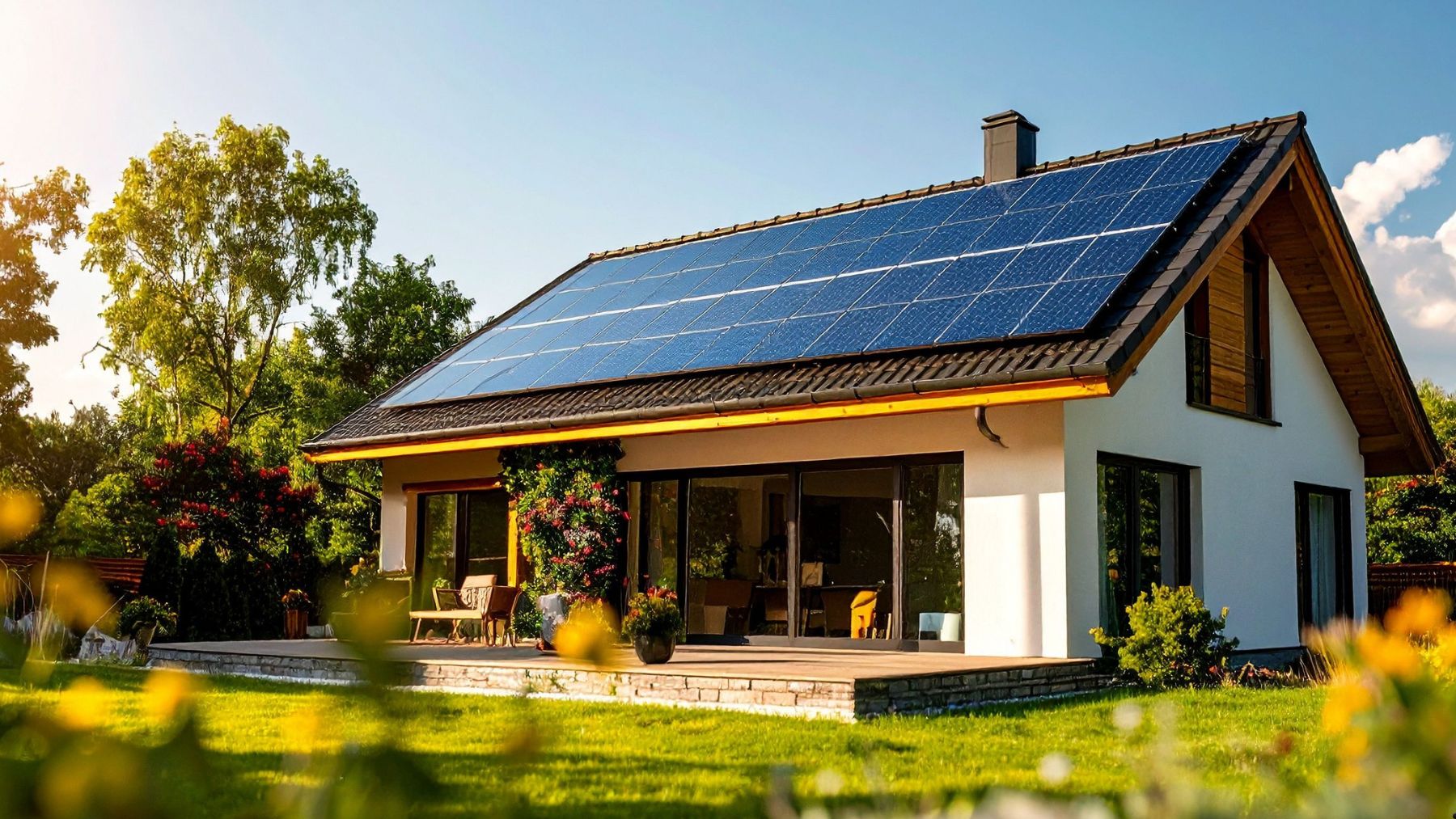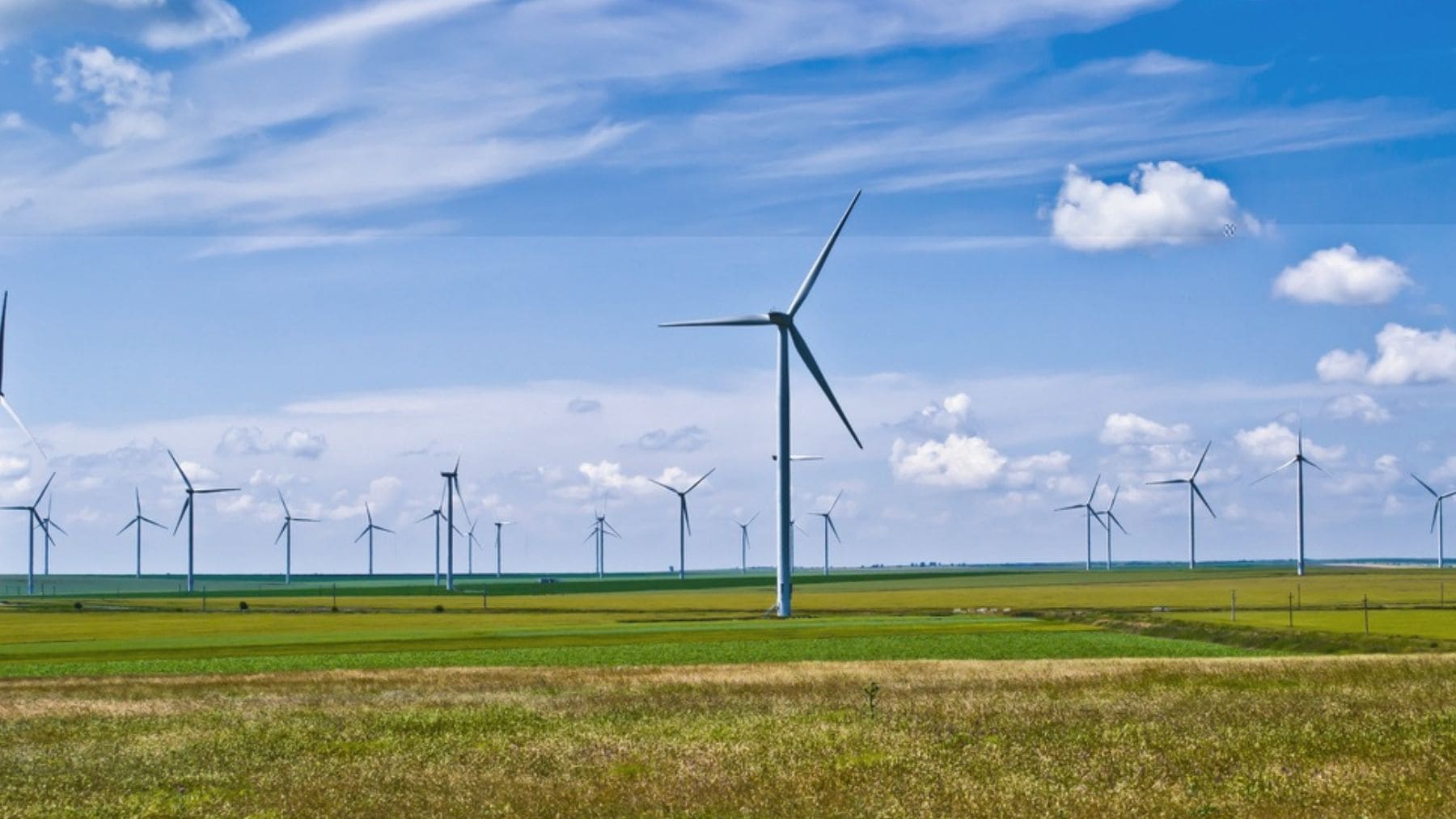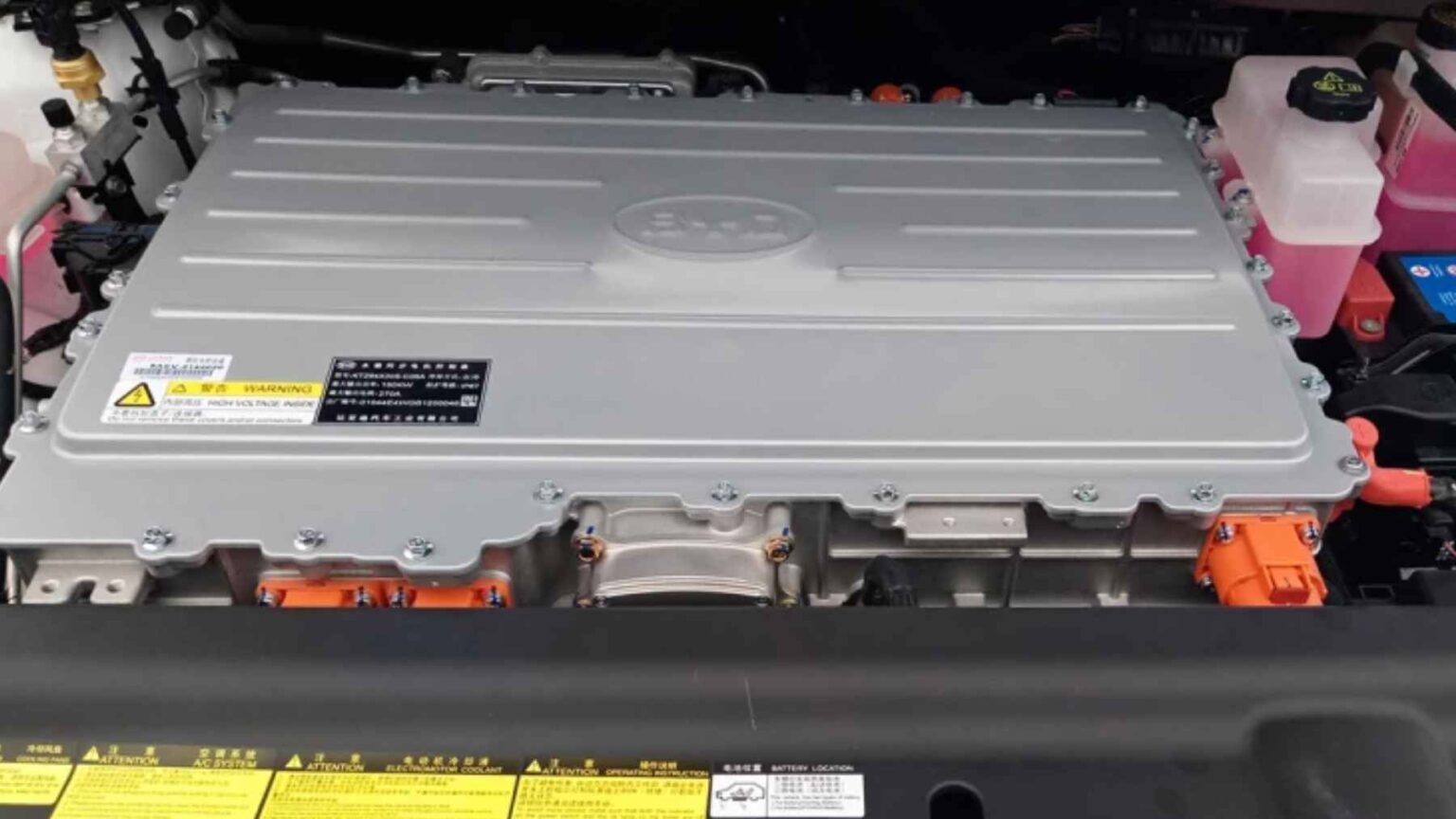Taiwan-based company AU Optronics Corporation claimed to have produced the first solar module whose carbon emissions during its entire life cycle were verified using an independent standard.
AUO followed the Publicly Available Specification 2050, a method for assessing the life cycle greenhouse gas emissions of goods and services set by Britain’s BSI Standards Solutions.
Carbon dioxide emissions from the product’s raw materials and manufacturing and distribution stages were factored in.
By tracing the carbon footprint, AUO Optronics (NYSE:AUO) verified that raw materials took up around 82 percent of total carbon emission, manufacturing about 17 percent and distribution approximately 1 percent.
“The findings inspired the adoption of innovative energy and materials-saving and replacement concepts in the early stage of R&D for solar cells, so that the overall amount of carbon emissions as well as product carbon footprint could be reduced substantially,” the company said.
AUO‘s EcoDuo PM220P00, a multicrystalline PV module, has completed the carbon footprint verification process.
The company said it developed the carbon footprint management program with its own system of collecting suppliers’ carbon footprint data, after conducting supplier training sessions.
“The initiative significantly increased efficiency in carbon footprint management. When managing the carbon footprint of the next generation PV products, the database with detailed carbon data of the supply chain will enable AUO to rise as a leader among its peers,” the company said.
